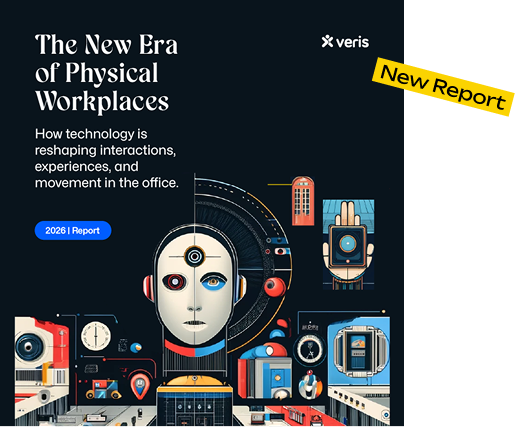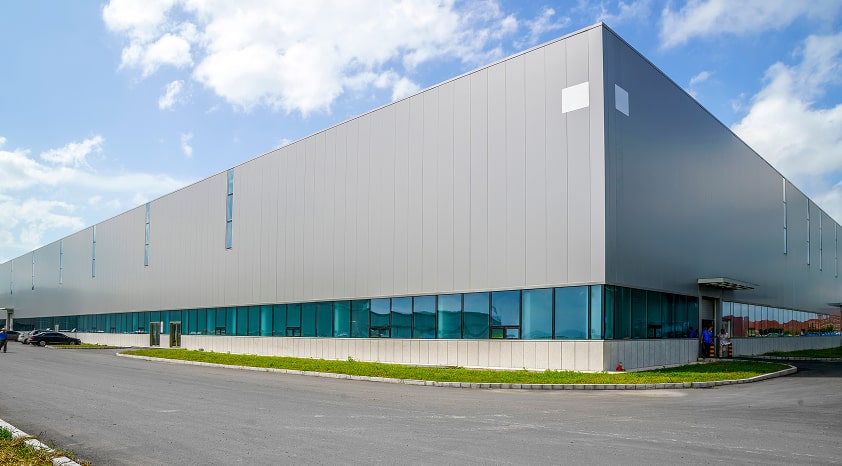Workplace security has always been a crucial concern for organizations, but in today’s world, it is more important. With rising physical and digital threats, every organization—be it a small startup or a large corporation—must prioritize creating a secure environment for its employees, data, and assets. But what does workplace security really mean, and why is it so vital? Let’s explore these questions to better understand its significance.
Workplace security involves various measures aimed at protecting an organization’s assets, including its people, data, and property. To create an effective workplace security plan, it’s important to address three main types: physical, digital, and personnel security.

Why Workplace Security Matters
Understanding the different types of workplace security is just the start. Let’s look at why security is vital for every organization:
1. Protecting Employees from Physical Harm: A secure workplace ensures employees are protected from physical threats, such as unauthorized intrusions, violence, or emergencies like fires. This is especially crucial in environments where employees handle valuable assets or sensitive information.
2. Safeguarding Sensitive Information: Sensitive information—such as customer data, financial records, and intellectual property—is among an organization’s most valuable assets. Digital security measures like encryption and cybersecurity protocols help protect this information from hackers and malicious actors. A data breach can lead to severe financial losses, legal consequences, and damage to reputation.
3. Enhancing Employee Morale and Trust: Employees are more likely to feel safe and productive in a secure environment. When an organization takes security seriously, it sends a strong message that employee well-being is a top priority, boosting morale and building trust.

Implementing Physical and Digital Security Measures
Both physical and digital security measures are critical to creating a safe workplace.
- Physical Measures: These include surveillance systems like CCTV cameras and alarm systems to monitor activities and alert security teams to potential threats. Access control systems such as keycards and biometric scanners, help restrict access to authorized personnel only
- Digital Measures: To protect digital assets, organizations should use strong cybersecurity practices, such as implementing secure passwords, regularly updating software, and employing firewalls and antivirus programs. Data protection measures like encryption and adherence to data privacy laws are also essential to keep sensitive information secure.
Workplace security is essential for protecting your employees, data, and assets. By combining physical, digital, and personnel security measures with regular training and a solid strategy, you can create a safer environment that fosters trust and productivity.
Ready to boost your workplace security?
Start enhancing your workplace security today!
Schedule a demo with our experts to learn how our comprehensive security solutions can safeguard your organization against potential threats.
Also, visit our Contact Us page to get in touch, or click here to take the first step towards a safer, more secure workplace.






























.avif)






.avif)
.avif)





